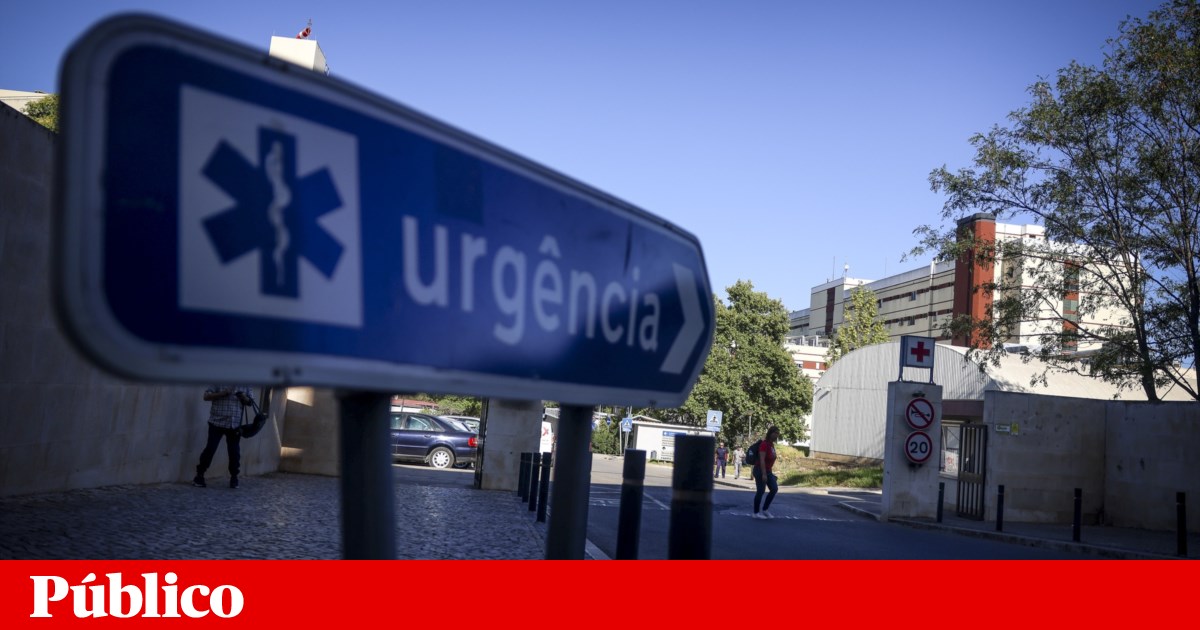The National Federation of Doctors (Fnam) and the Union of Nurses are competing on the indicators chosen by the government to allocate incentives to professionals who are part of the Centers of Integrated Responsibility (CRI) in emergency situations. The creation of this model for dedicated teams will begin with five pilot projects in local health units in Santa María, São José, Coimbra, São João and Santo Antônio.
Fanam noted, in a statement sent today, Wednesday, that “these indicators have no technical and scientific support, and are linked to standards that tell us little or nothing about the efficiency of health services.” For the Medical Syndicate, the decree setting the rules and incentives that teams can receive is “empty both in terms of measures that improve the work of emergency services, and in matters that actually translate into providing better care for the patients who then turn to them.” “
Hey College degree Defines 11 indicators for allocating incentives for overall team performance. According to the Ministry of Health, if all these requirements are met, professionals will be able to double their basic salaries. Even if this is not the case, they can initially count on increases of between 60% and 70%, as long as some goals are achieved. However, Fnam claims that “the wage bill values in the decree are not those presented by the government.”
He talks about some metrics that are “out of reach” and others that are “completely unrelated to the performance of doctors,” such as an indicator linked to the number of users outside the area covered by the hospital unit. “Economic indicators are also expected, such as the percentage of emergency cases resulting in hospital admission, and the emergency department readmission rate [Serviço de Urgência] And the average spending on complementary diagnostic and treatment methods for each patient without hospitalization,” considering that these are indicators that “put pressure on medical work to speed up and save it, which exposes it to more risks.”
In the statement, Fnam also highlighted that emergency response “depends on external factors, such as primary health care coverage in the region with the capacity to respond to acute diseases.”
The Nurses Union also criticized this decree. In a statement, the union said it was forgetting nurses. There is talk of an additional €500 per month – paid over 12 months – allocated only to doctors in these rehabilitation centres. “It is unfortunate that the government in the current administration is adopting a very discriminatory measure that, in practice, separates first-class professionals from second-class professionals,” Pedro Costa said in the sent note.
The head of that union accused that “this government spent eight years trying to turn health professionals against each other, and even in the end, it did not change its policy,” stressing that “these teams work daily.” In a multidisciplinary, integrated manner and in continuous collaboration.”
Expressing his regret that “none of these indicators includes the exclusive dedication of nurses to the emergency service and, in particular, to the Center for Integrated Responsibility,” the head of the SE considered that “it would be very difficult, for example, to keep nurses motivated when they are targeted by such Injustices.

“Writer. Analyst. Avid travel maven. Devoted twitter guru. Unapologetic pop culture expert. General zombie enthusiast.”

)